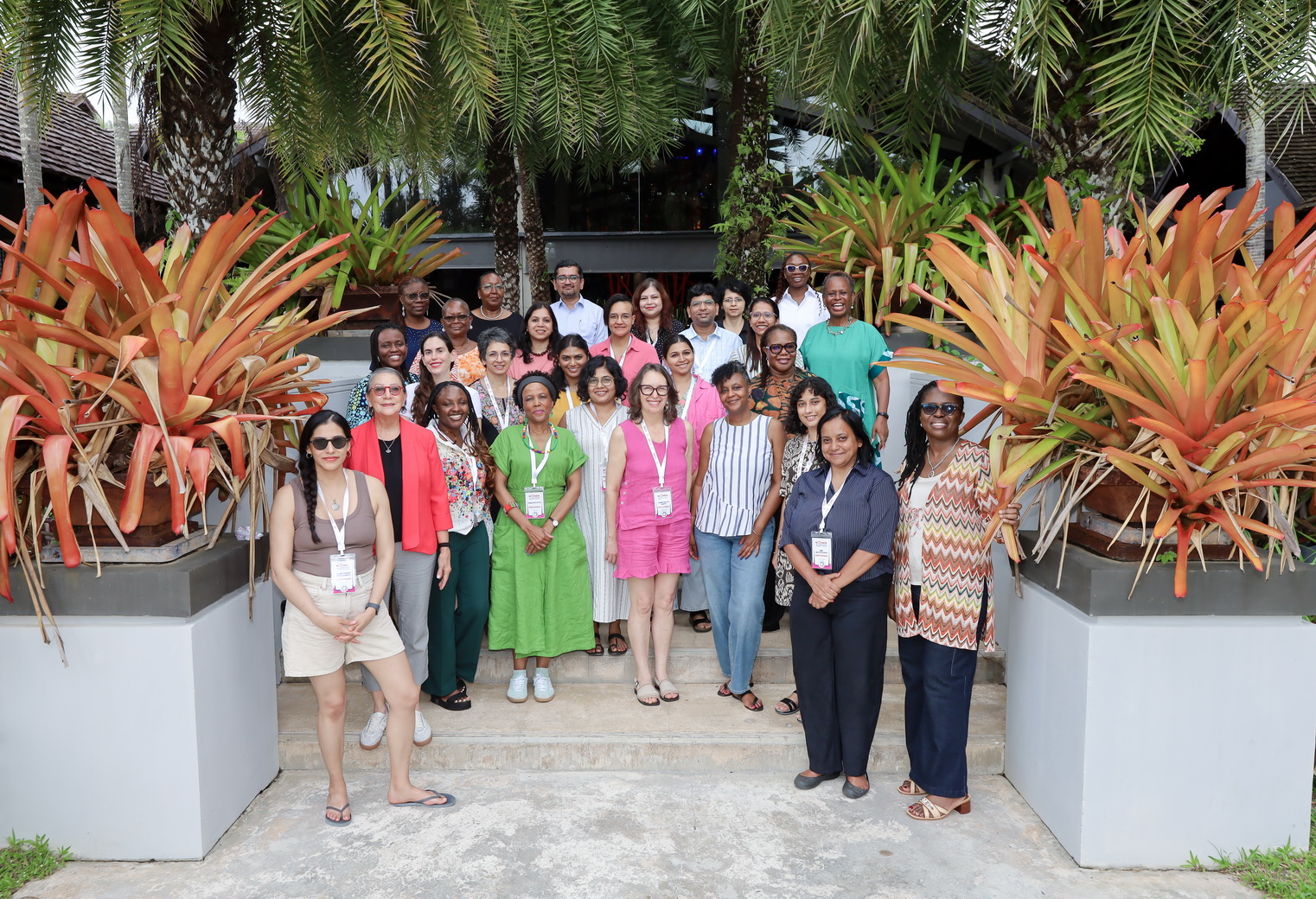From 7–9 October 2025, Busara Africa organised a convening of the Co-Impact Women in Leadership Community of Practice (CoP) in Phuket, Thailand, bringing together partners advancing gender equity and women’s leadership globally. Radhika Yelkur, Director of Operations and Nithya Rajshekhar, Senior Research Associate represented Centre for Law and Policy Research (CLPR), contributing insights from our work on gender, leadership, and institutional change in the higher judiciary in India through the Equal Justice project.
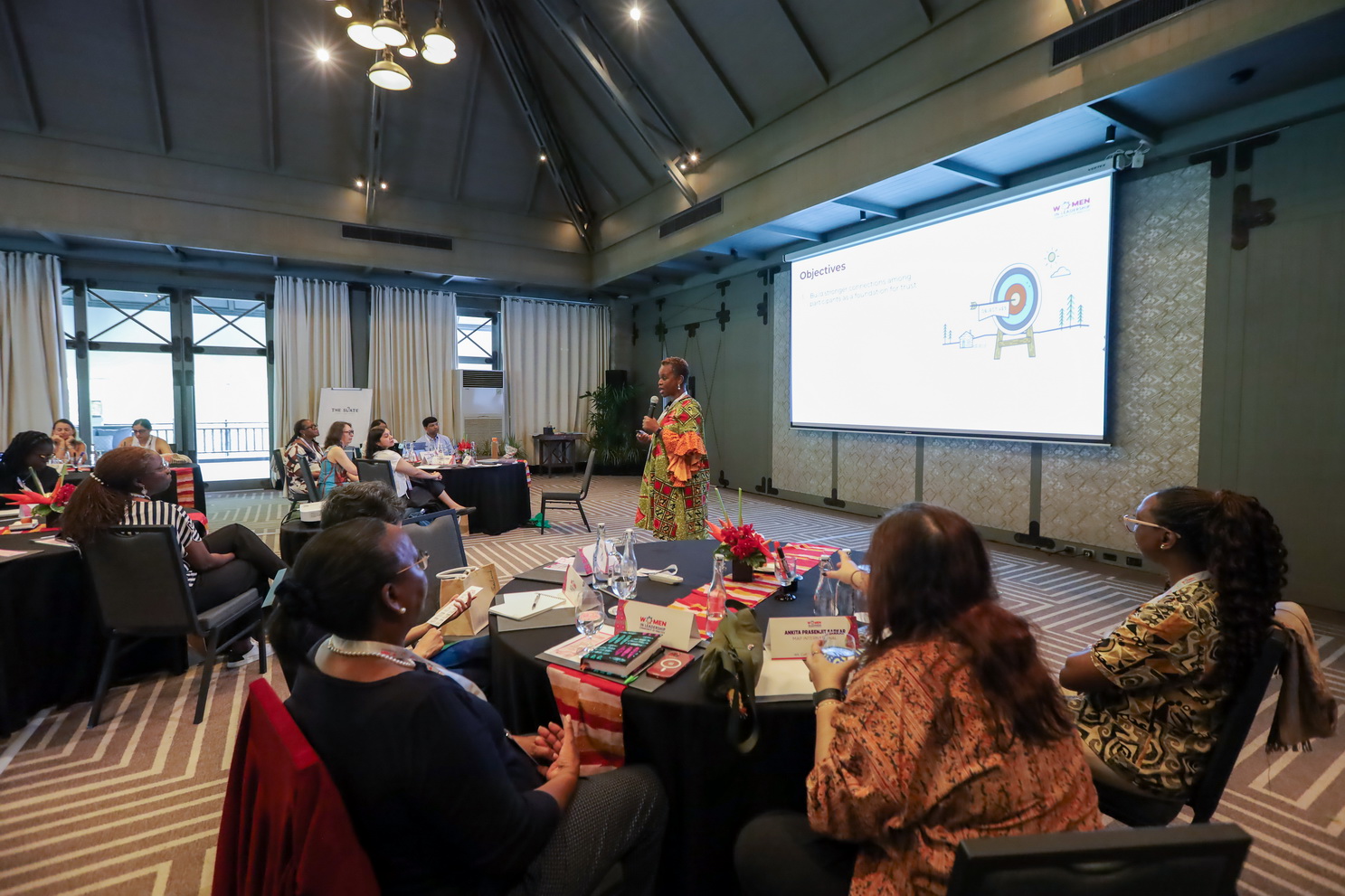
The three-day convening provided a space for reflection, peer learning, and strategy-sharing on dismantling structural and cultural barriers to women’s leadership. Participants discussed the individual, organisational, and systemic factors that shape women’s leadership pathways and identified practical ways to embed inclusion within institutions.
The discussions on the first day centred on trust building and understanding personal and psychological barriers that women face in leadership. Participants reflected on how self-perception, perfectionism, and fear of failure interact with social expectations to limit confidence and visibility. The conversation underscored the importance of mentorship, peer networks, and collective support to strengthen women’s leadership journeys.
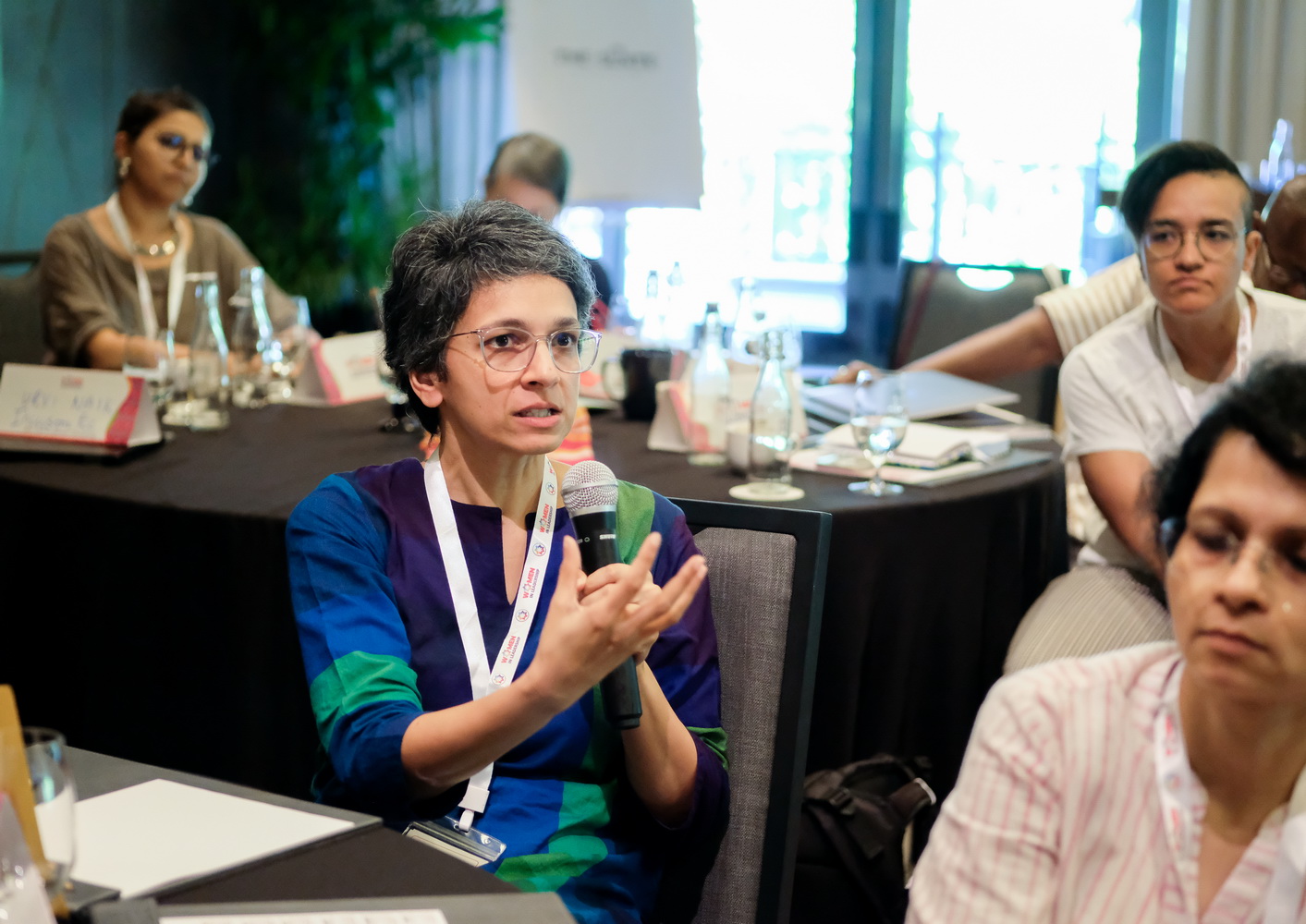
A session on intersectionality highlighted how multiple, overlapping identities—such as caste, ethnicity, language, disability, and religion—compound barriers to leadership. Participants shared strategies to apply an intersectional lens across institutional and organisational levels, including inclusive data practices, equitable representation, and meaningful participation rather than token inclusion.
The second day focused on organisational cultures and how institutional structures affect women’s advancement. Participants identified persistent barriers such as biased recruitment and evaluation systems, inflexible workplace policies, and limited access to leadership opportunities. Strategies discussed included embedding gender-responsive policies, creating mentorship pipelines, and ensuring accountability mechanisms for equity goals.
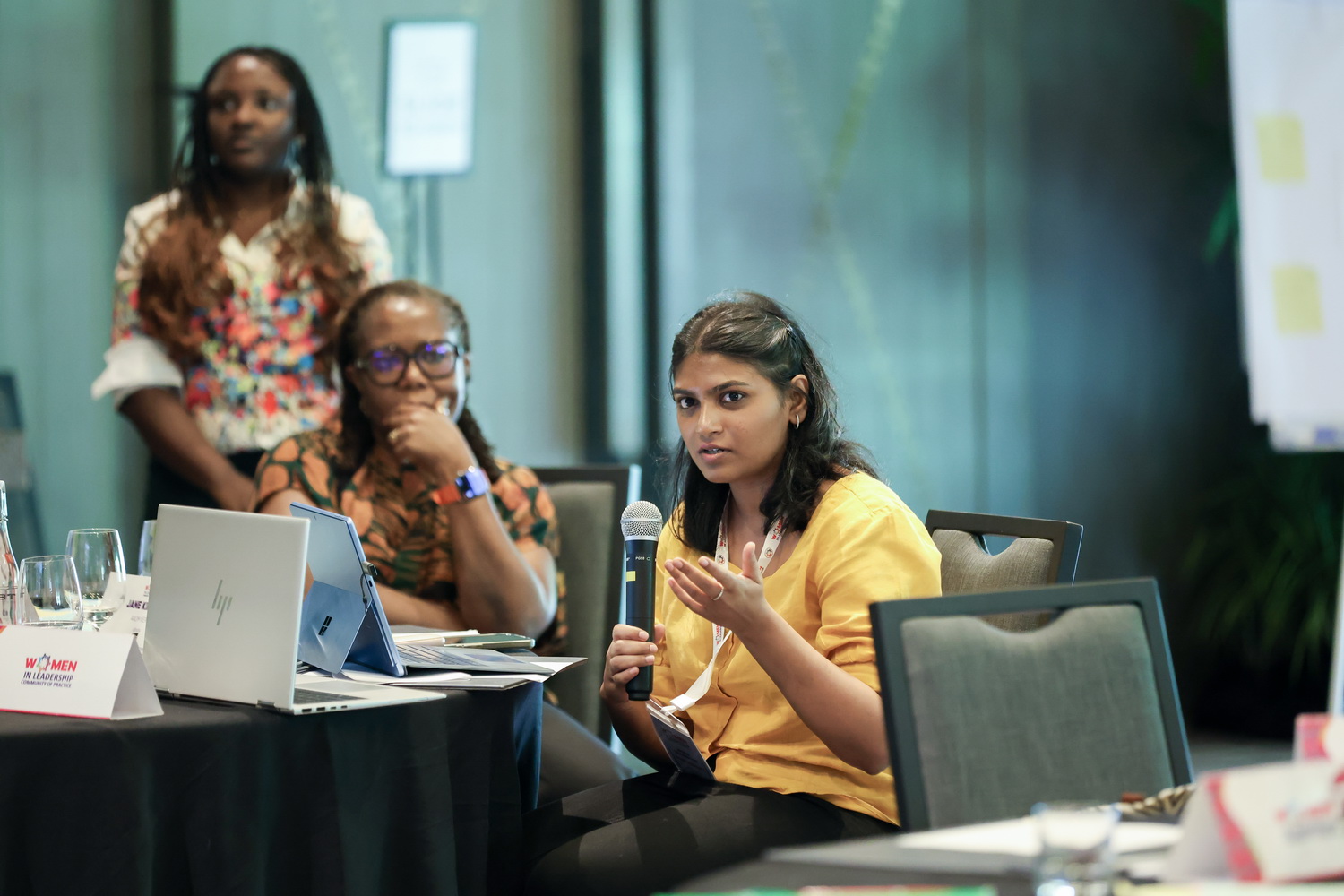
In a session on resistance and backlash, participants shared experiences of pushback against gender initiatives, from exclusionary work environments to online hostility. They discussed collective approaches such as peer reinforcement systems, data-driven advocacy, and engagement with media to strengthen institutional responses and sustain progress.
A recurring theme through the day was the need to move from initiatives designed for women to those created with women. Participants noted that while visible reforms such as flexible hours are valuable, deeper change requires centring women’s agency and addressing systemic bias.
The final day explored how gender equity can be embedded for long-term institutional change. Participants identified four enablers of sustainability: leadership commitment, cultural transformation, structural anchoring, and dedicated resources. Sustainable change, they agreed, occurs when inclusion becomes part of institutional culture and women’s leadership is normalised.
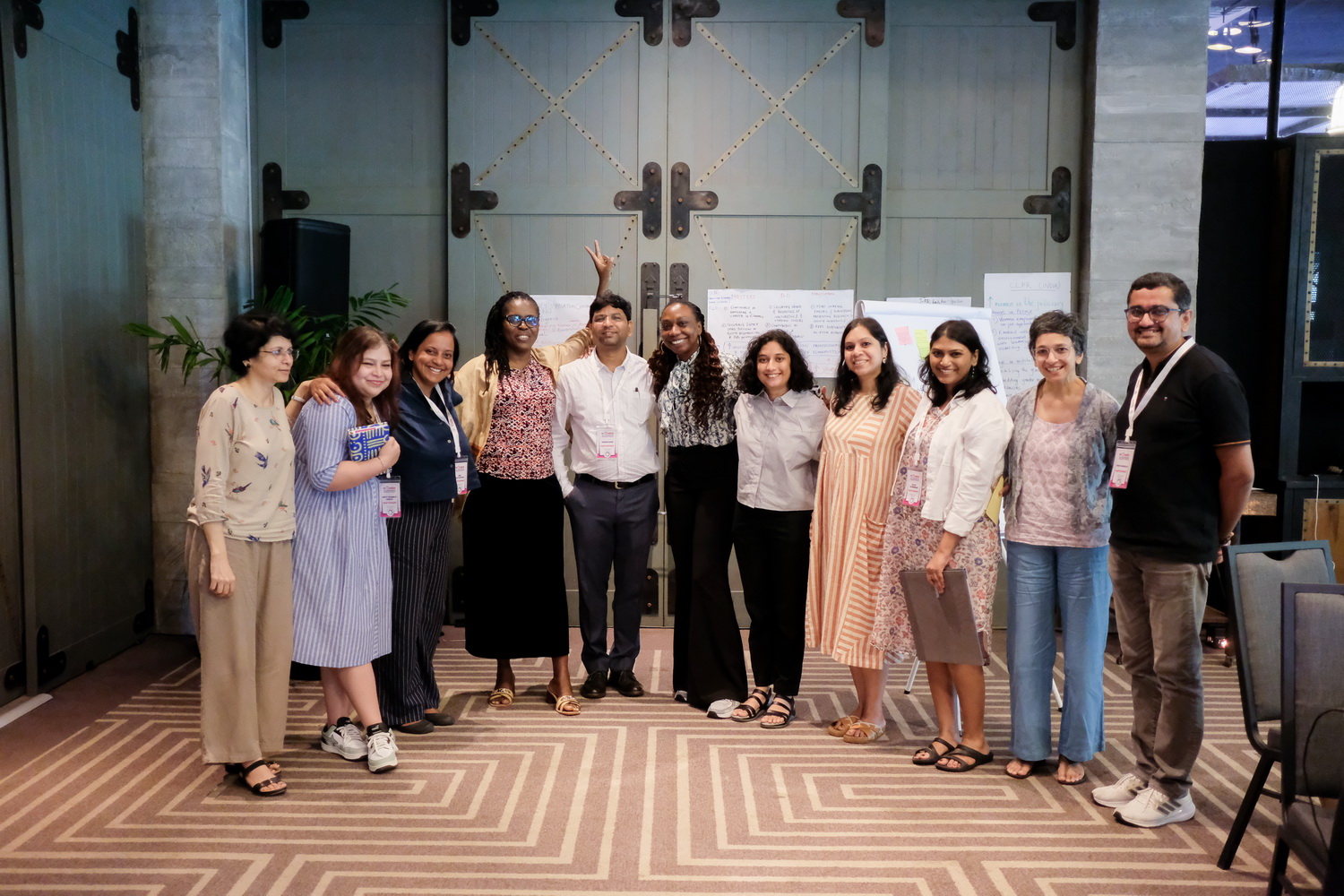
The convening concluded with a collective planning session for the next phase of the Community of Practice which is set to include Learning Circles, sector-specific meetings, and the development of knowledge products to share insights across contexts. They also suggested strengthening regional chapters, improving facilitation for virtual sessions, and expanding opportunities for partners to co-lead discussions and deepen ownership.
CLPR shared experiences from its work on gender equality and inclusion in the higher judiciary, particularly in embedding feminist and intersectional approaches through co-creating programmes with women lawyers at the centre. Its participation reaffirmed the importance of collaboration and co-learning in advancing women’s leadership across sectors and geographies.
The Phuket convening reinforced the Community of Practice’s shared commitment to building inclusive leadership through intersectional practice, institutional reform, and sustained collaboration. The conversations reflected a common understanding that lasting change must be co-created with women, ensuring that they not only lead but also shape the systems within which leadership itself is defined.
